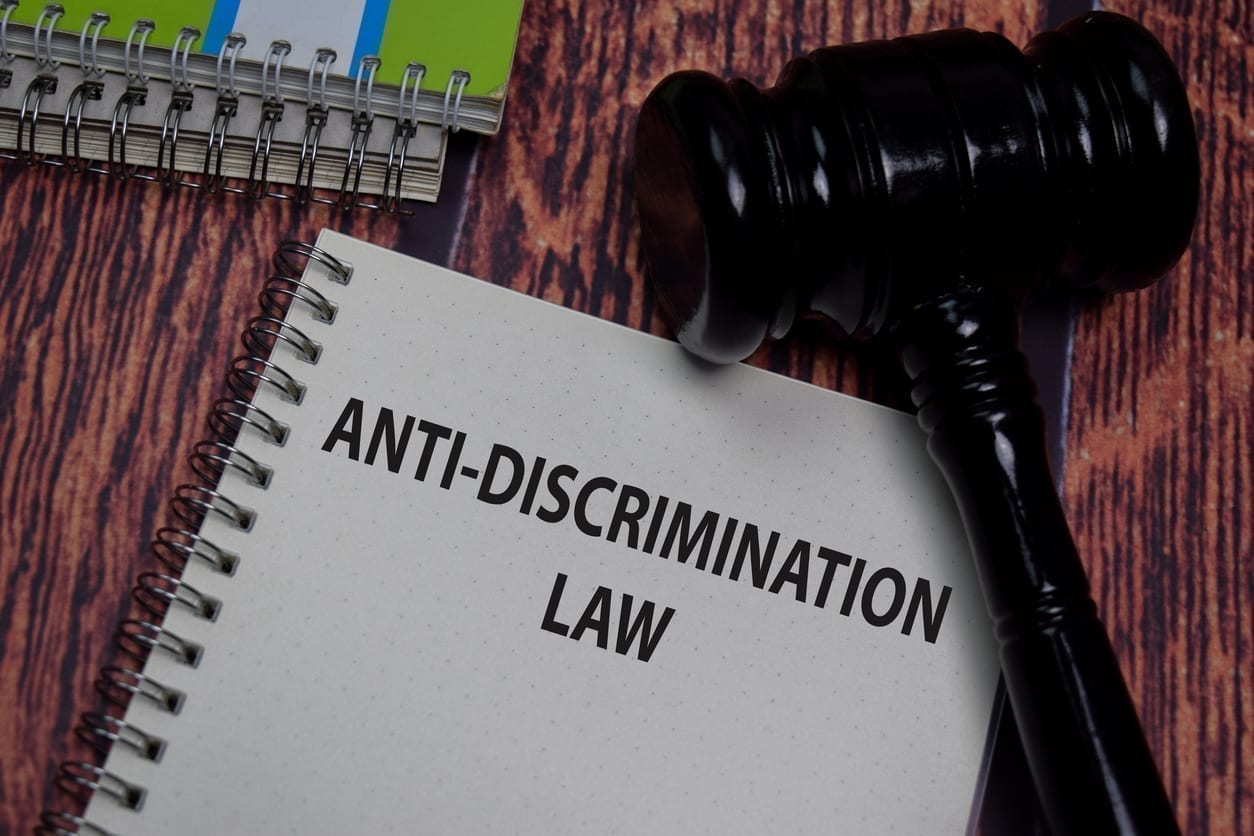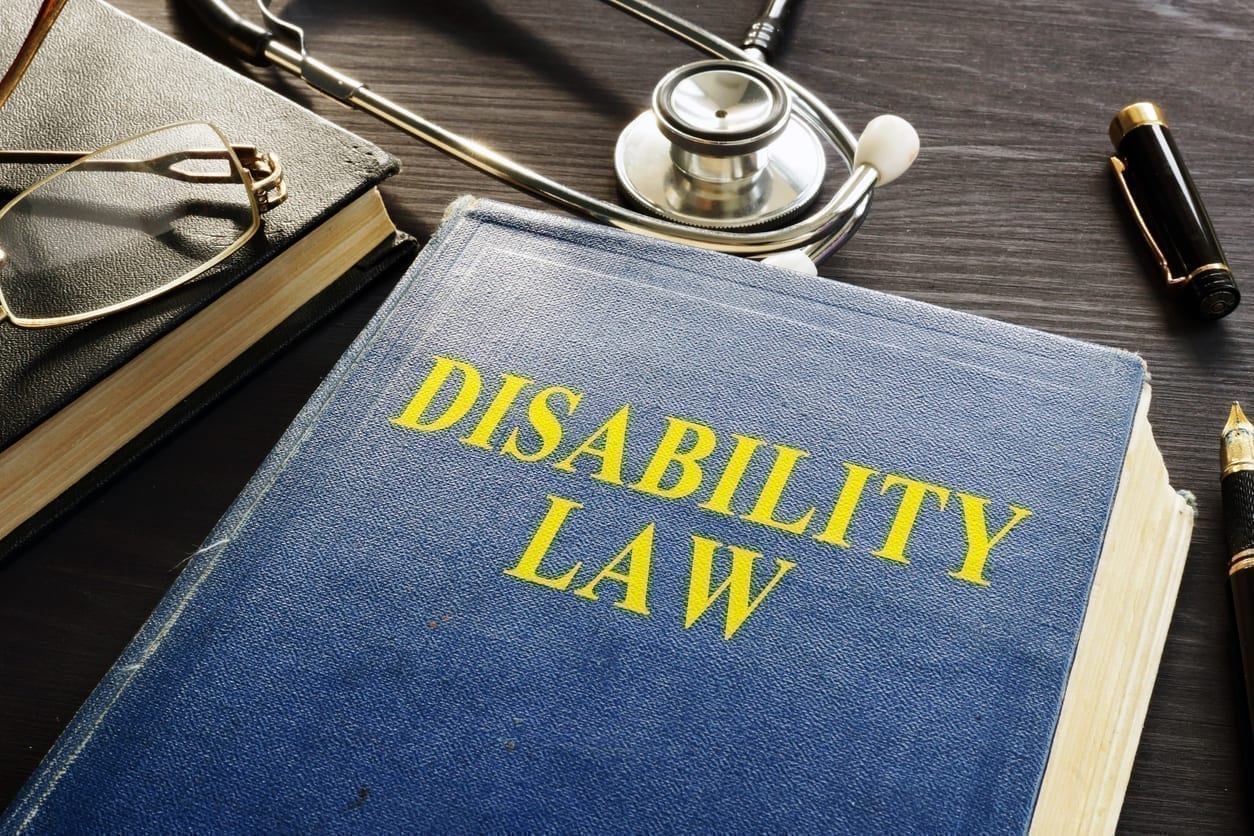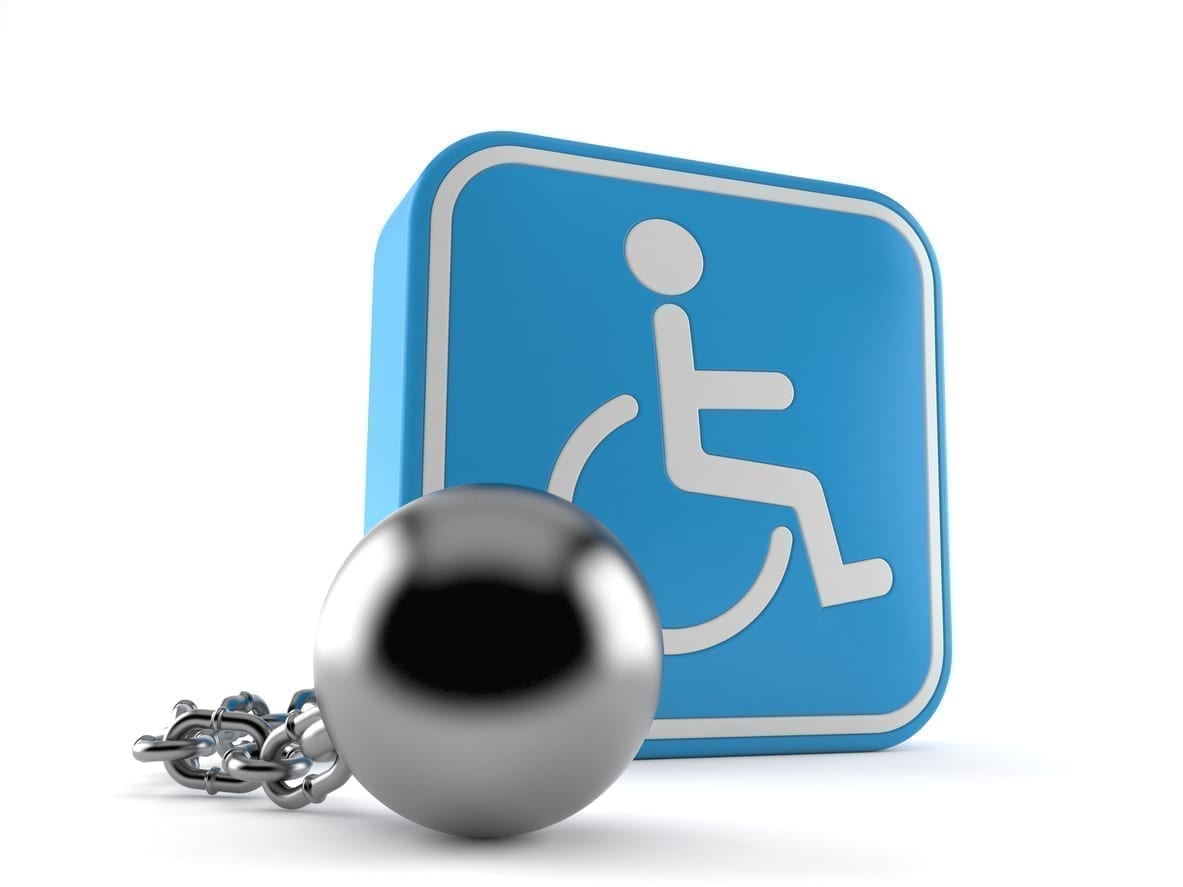The Rehabilitation Act of 1973 protects people with disabilities in America. While it has many parts, the most well known is Section 504. This is where the law says that no federal agency can discriminate against a disabled person. Most know it because schools use Section 504 plans to make sure disabled students get what they need. But it relates to prisoners, too.
Does the 1973 Act apply to people in jail?
Yes, Section 504 applies to all prisoners in state and federal jails. This does not mean that you get the same things in jail as in the free world. But staff must still make sure that they meet your basic needs. Any rights that other prisoners have, you have as well. This includes cells built for those in wheelchairs. It also includes access to proper mental health care.

Some states argue that the Rehabilitation Act of 1973 only applies to federal prisons. This is not true. Any agency that gets money from the United States government must follow the law. If they don’t, you can file a complaint with the court. Jails could lose federal funding if they choose not to comply.
Which disabled people does the law protect?
The law describes disabled people as those with “physical or mental impairment.” If the issue limits a major life activity, it counts as a disability. Some things this includes are problems with are:
- walking
- seeing
- hearing
- speaking
- breathing
- working
- manual labor
- learning
The law describes some conditions that it protects. They include:
- AIDS
- alcoholism
- blindness
- deafness
- cancer
- diabetes
- drug addiction
- heart disease
- mental illness
If you have one or more of these issues, the law protects you. Prisons have to give you access to things like glasses and hearing aids. They also have to provide therapy and medicine. If you have substance abuse problems, they have to provide rehab programs. Any service you need to complete major life functions each day should be provided.

Is there anything the Rehabilitation Act does not protect? What should you do if your rights are not protected?
Yes, the law does not protect issues that do not affect major life functions. This means that an individual with dyslexia may not get special treatment. But someone with ADHD might because it affects basic functions like hygiene and impulse control.
The Americans with Disabilities Act and the Rehabilitation Act of 1973 protect most disabled prisoners. If you think staff members are discriminating against you based on your disabilities, you can talk to a lawyer. They can help you understand if you have a case. Both the Eighth and Fourteenth Amendments also protect disabled prisoners.
The Takeaway:
You have rights as an incarcerated individual. If you have a disability that affects major life activities, the prison must provide services. If they do not, you may file a complaint. Your lawyer can help you understand if you have a legal case. They may also help make sure the prison gives you what you need in jail.






